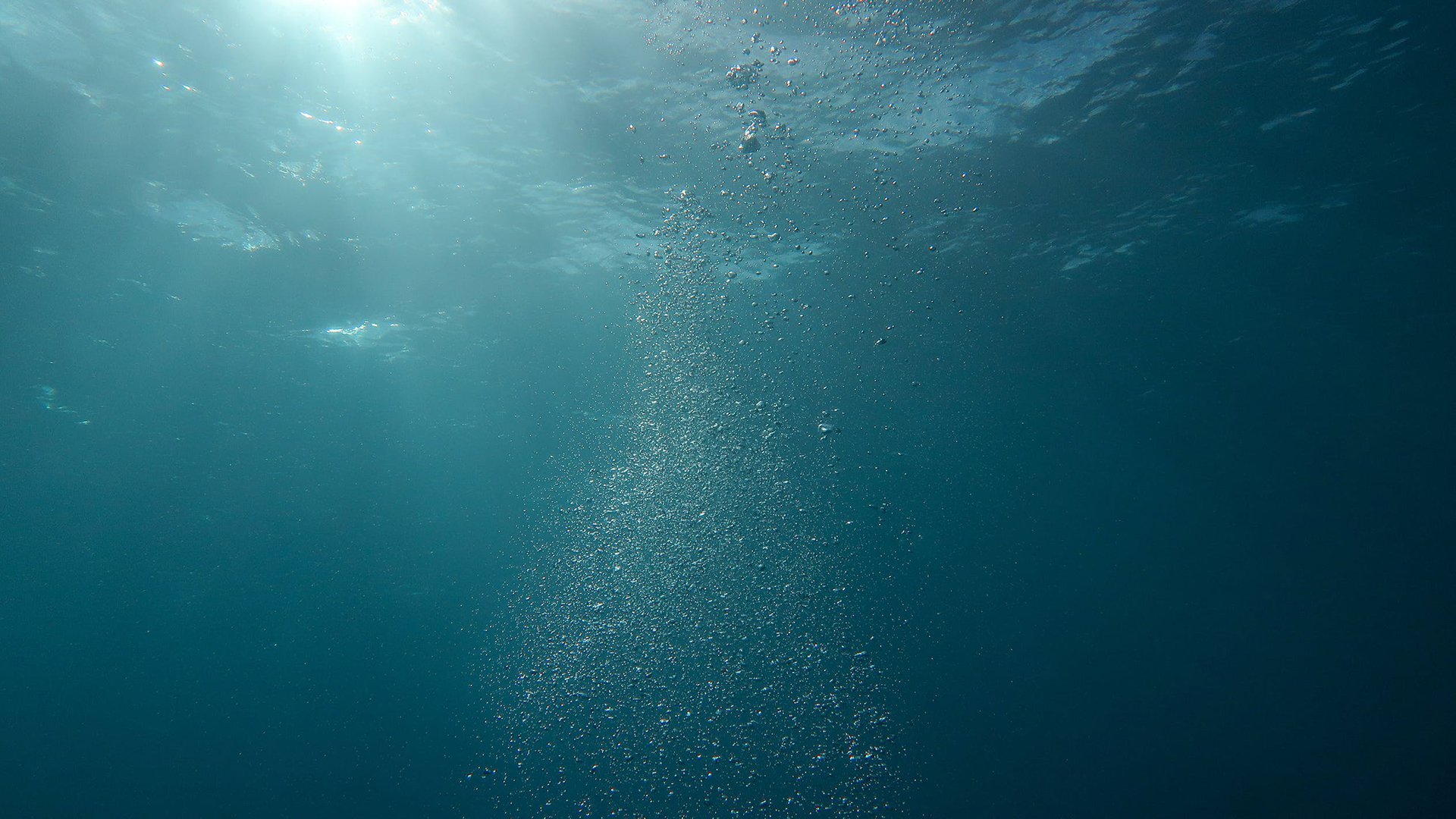Microbial collaboration
Processing ethane requires electrons, which are released when certain enzymes react with oxygen. While the archaea 'Ca. A. ethanivorans' cannot avail themselves of oxygen in the ocean, they can use bacteria of the genus Desulfosarcina. When these bacteria convert sulphate into sulphite, electrons are released in the process. The exact application of this reaction by 'Ca. A. ethanivorans' is still a matter of ongoing investigation.
Natural greenhouse gases
'Ca. A. ethanivorans' processes ethane deriving from the seabed, which emits natural greenhouse gases via slits in the earth's crust. The main components of this gaseous mixture are methane and ethane. As such gases are mostly absorbed by microbes in the deep sea, only a small proportion makes it to the atmosphere. However, these microbes do generate another greenhouse gas, carbon dioxide (CO2). Still, methane contributes to global warming at 25 times the rate of carbon dioxide. In other words, we are fortunate to have these deep-sea microbes around.
The lab technician explains
Anaerobic microbes are found not only in the ocean, but also in our own gut. They make up no less than 99% of all intestinal microbes. There are even varieties that manage to survive with and without oxygen. Want to find out how they do so? The lab technicians at Micropia explain it all in April and May.
Source: Nature

